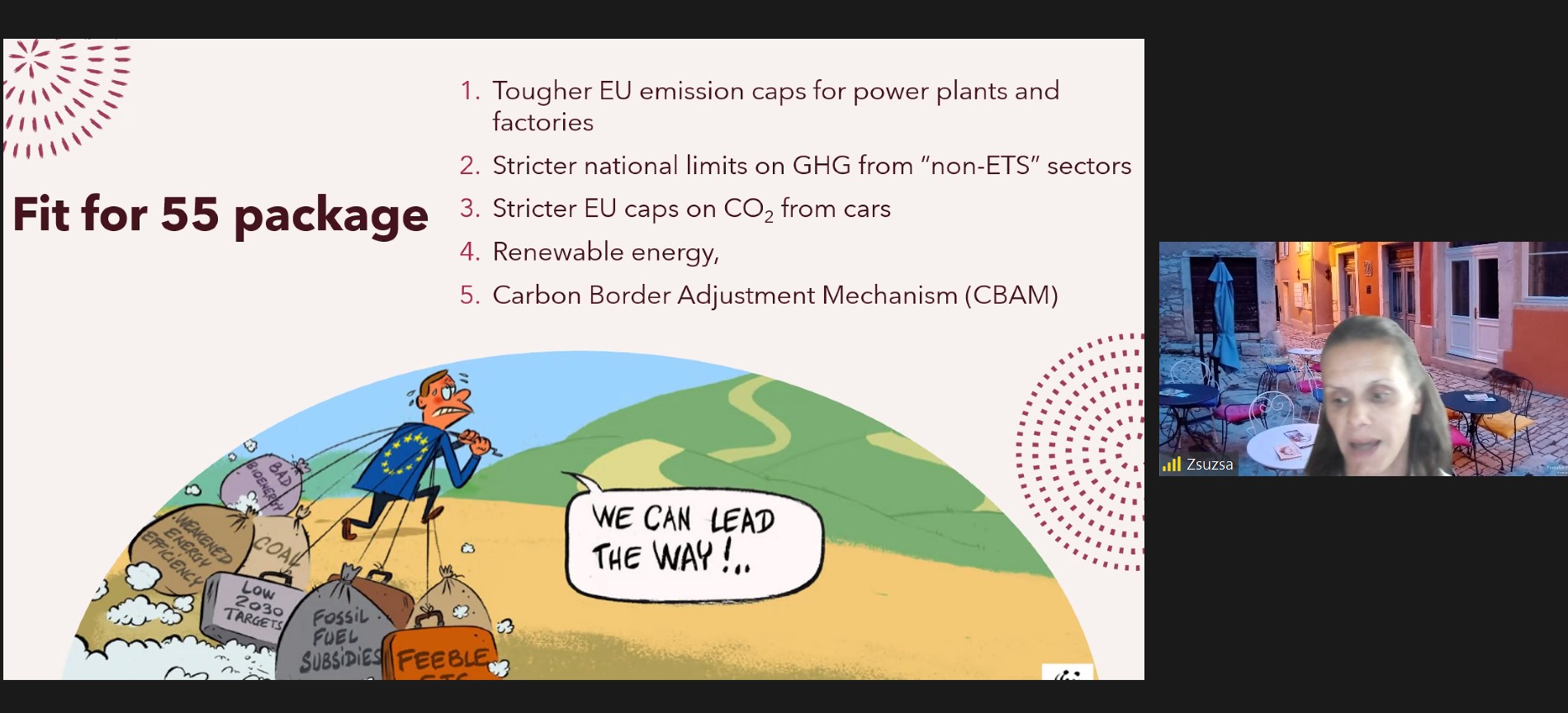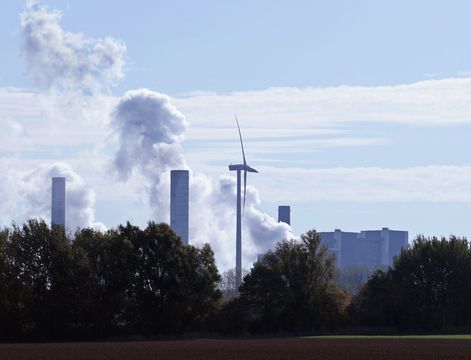A year and a half after the Ministry for Ecological Transition drafted its first approach to the law against climate change, which sets a sharp reduction in greenhouse gas emissions in sectors such as electricity or transport, the text begins his parliamentary career in the middle of the coronavirus crisis. The Council of Ministers gave the green light to the bill at a "very delicate" moment, as the head of the Ministry, Teresa Ribera, acknowledged in a press conference. But from the Government, the debate now focuses on the "opportunity" offered by the crisis to "guide the recovery process" towards a model that is "respectful of the planet," said Ribera. "We cannot go back to the previous system," she said.
The objective of the law is to reduce greenhouse gas emissions, affecting the automotive, energy and electrical systems, buildings, aviation or agriculture. Everything to achieve a reduction in emissions of at least 20% in 2030 compared to 1990, and climate "neutrality" by 2050 in Spain. Non-negotiable minimum figures for the Government. In fact, Ribera has assured that she "does not believe" that there will be parliamentary discrepancies, except with one group, regarding the general lines of the law and has pointed to the possibility that even some objectives may be increased after passing through the Parliament.
It is the law that, if the parliamentary procedure does not change, will mean the end of diesel and gasoline cars in Spain. The bill includes the reference to the need to achieve a fleet of passenger cars and light commercial vehicles without direct CO2 emissions by 2050. To this end, “the necessary measures will be adopted, in accordance with European regulations, so that passenger cars and new light commercial vehicles, excluding those registered as historical vehicles, not intended for commercial use, gradually reduce their emissions, so that no later than 2040 they are vehicles with emissions of zero grams of CO2 per kilometre travelled. " In practice, today they would only be electric cars and hydrogen batteries.
The construction of charging points will be promoted. In fact, large gas stations (10% of the network) will have to install twice the initially planned power (50 kW), in 21 months from when the text is approved. And in 2025, also offices or shopping centres with a car park with more than twenty spaces must have recharging points.
In addition, the bill will maintain that municipalities with more than 50,000 inhabitants and island territories will have low emission areas by 2023. In these or other cities, as in the case of «Madrid Central», Any measure that implies a regression in its implementation must have a favourable report from the Ministry.
But beyond mobility, the text maintains the ban on fracking, the goal of a 100% renewable electricity system by 2050, as well as the revision of fossil fuel subsidies, which will only be applied "for reasons of social interest, economic or considering the inexistence of technological alternatives".
Some specific objectives that were included in the initial drafting of the text have disappeared, although they will be developed in later regulations, to avoid shielding some figures that are operational with a rank of law. This is the case of the obligation to rehabilitate with energy efficiency criteria at least 100,000 homes a year, now disappeared. The same for renewable energy auctions: previously it was explicitly stated that they would have a minimum of 3,000 megawatts (MW) per year of bidding until 2030 and now it is not established, but government sources assure that it does not imply a reduction of ambition of the previous goals.











